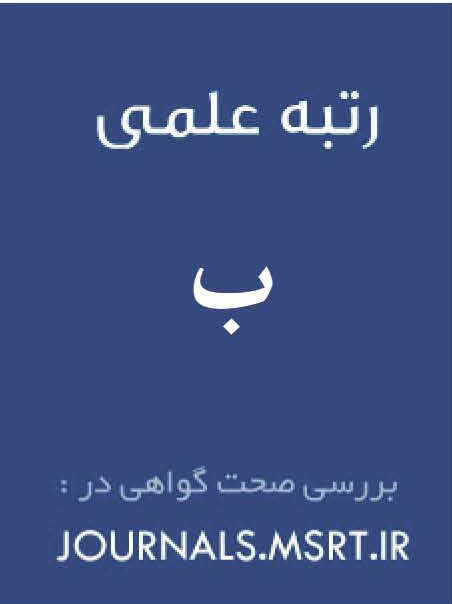The Effectiveness of Eclectic Parenting on Affective Capital and Parent-Child Relationships of Mothers of Children with Oppositional Defiant
Keywords:
eclectic parenting, affective capital, parent-child relationships, mothers, children with oppositional defiant behaviorAbstract
Introduction and Aim: Children's oppositional defiant can cause a decline in affective capital and parent-child relationships of mothers. Therefore, the aim of this study was determine the effectiveness of eclectic parenting on affective capital and parent-child relationships of mothers of children with oppositional defiant.
Methodology: The present study was a quasi-experimental with a pre-test, post-test, and follow-up design with a control group. The research population was all mothers of children with oppositional defiant (along with their children) referred to three child counseling and psychotherapy centers of Isfahan city in the autumn seasion of 2024 year. From among the members of the population, 40 mothers and children were selected using a available sampling method and randomly assigned into two equal groups. The experimental group trained 9 sessions of 75 to 95 minutes with the eclectic parenting method, and the control group did not receive training. Data were collected using the Affective Capital Questionnaire (Golparvar, 2016) and Parent-Child Relationship Scale (Pianta, 1992) and analyzed using analysis of variance with repeated measures and Bonferroni post hoc test in SPSS-26 software.
Findings: The results of analysis of variance with repeated measures showed that eclectic parenting in compared to the control group significantly increased affective capital (P<0.001), but had no significant effect on parent-child relationships (P>0.05). Also, the results of the Bonferroni post hoc test showed that the amount of affective capital and parent-child relationships increased significantly from the pre-test to the post-test and follow-up stages and from the post-test to the follow-up stage (P<0.001).
Conclusion: According to the findings of this study, the eclectic parenting method can be used as an effective method alongside other educational methods to improve the affective capital of mothers of children with oppositional defiant.
Downloads
Downloads
Published
Submitted
Revised
Accepted
Issue
Section
License
Copyright (c) 2025 فاطمه خاقاني (نویسنده); محسن گل پرور; زهرا يوسفي (نویسنده)

This work is licensed under a Creative Commons Attribution-NonCommercial 4.0 International License.





